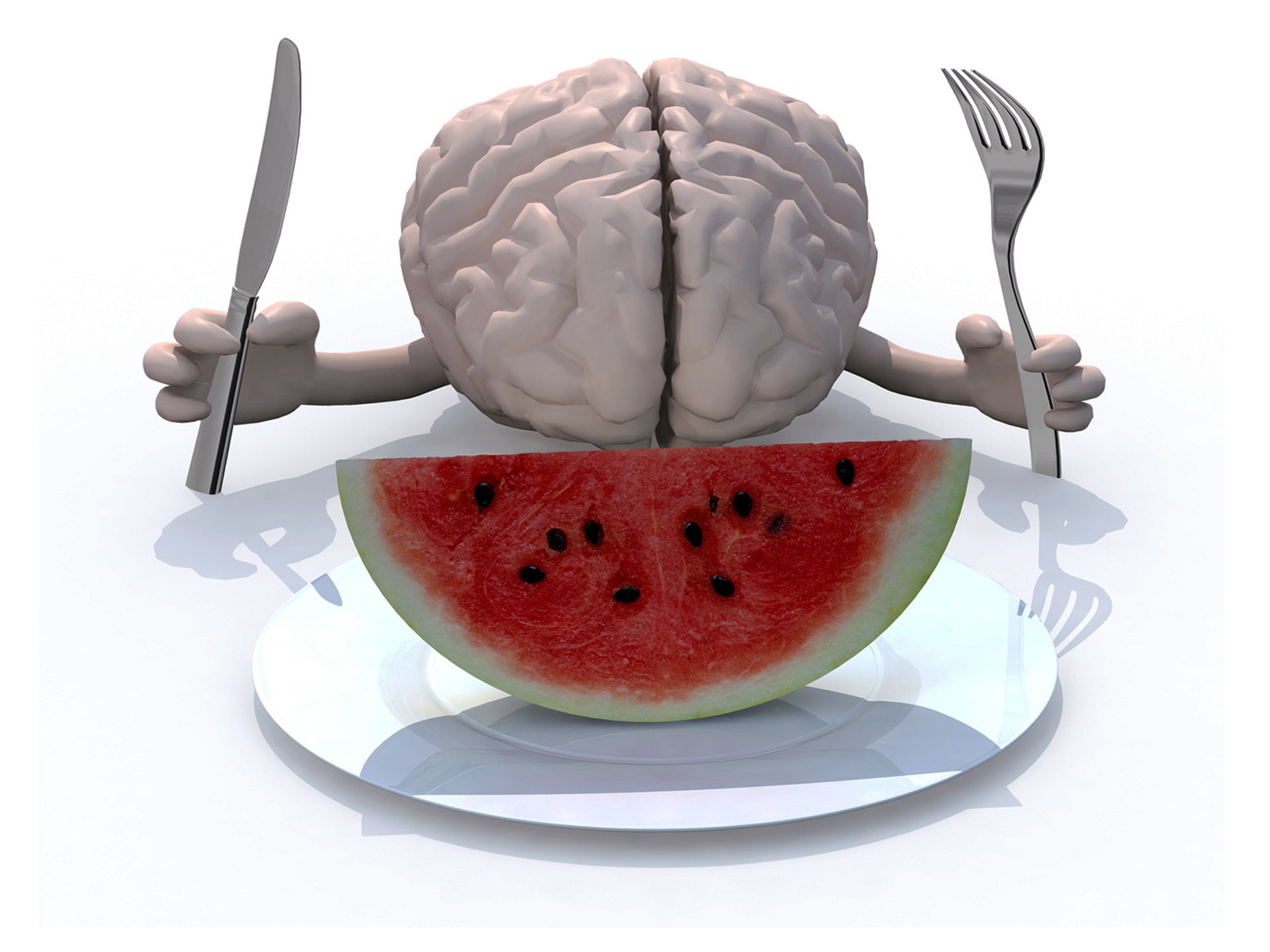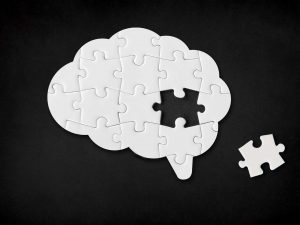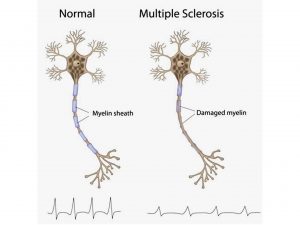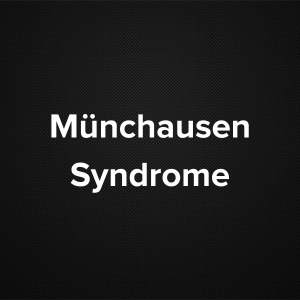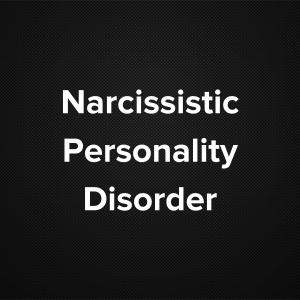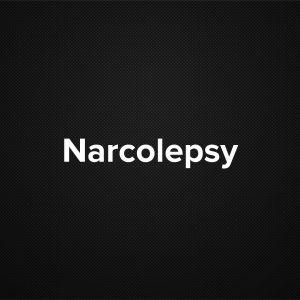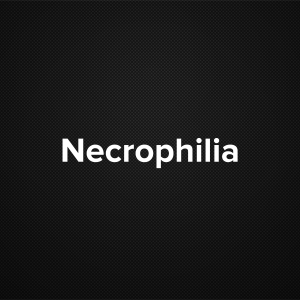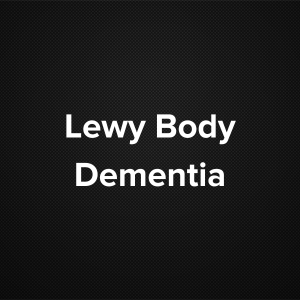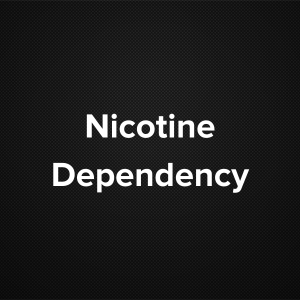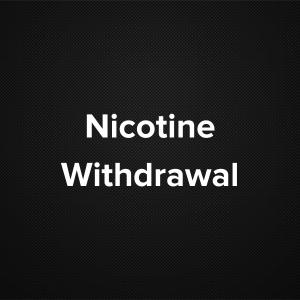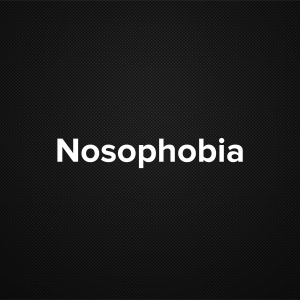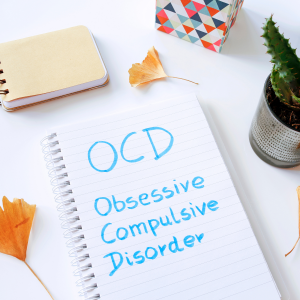Oops got that all wrong! What I meant is “Are you in the mood for some good food!” Research indicates that eating the right foods can go a long way in maintaining mental health, especially in cognitive ability, attention and mood. (So that you don’t jumble up the headlines, like I just did)
Eating right has a profound effect on one’s behavior and mood. It helps one focus and deal with stress much better. Lack of proper eating habits and poor diet, resultsin severe deficiencies,which in turn, fester as mental problems.
Deficiencies in the following list of nutrients have all been linked to issues with mental health:
- B1: Poor concentration
- B3: Depression, stress
- B5: Poor memory
- B6: Depression, poor memory, irritability, stress
- B12: Poor memory, confusion
- Folic acid: Anxiety, depression
- Magnesium: Anxiety, depression, irritability, stress, insomnia
- Vitamin C: Depression
- Selenium: Depression, irritability
- Zinc: Depression, confusion, blank mind, loss of appetite, lack of motivation
- Omega-3: Depression, poor memory
- Tryptophan: Depression
So the best things would be to have foods rich in the above nutrients.
Sunflower seeds, pumpkin seeds and wholegrain bread arechock-a-block full of Vitamin B. Sea food, especially Oysters has Omega-3, Selenium and Zinc which helps you both physically and mentally. Dairy products like milk and cheese – poultry and meat products all are an invaluable source of Vitamin B12 which is a vital element in well being. Chicken, liver, tuna can help build up protein that feeds and replenishes the brain cells. Vitamin B6 has been found to be effective in cases of mild depression. Green leafy vegetables and salads provide the iron and mineral content which can help rejuvenate the entire memory recall and brain functions.
Ultimately, we are what we eat, so now is a good time to start eating in mental health!
(source: Mental Health Foundation)
